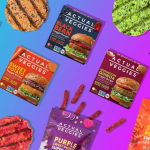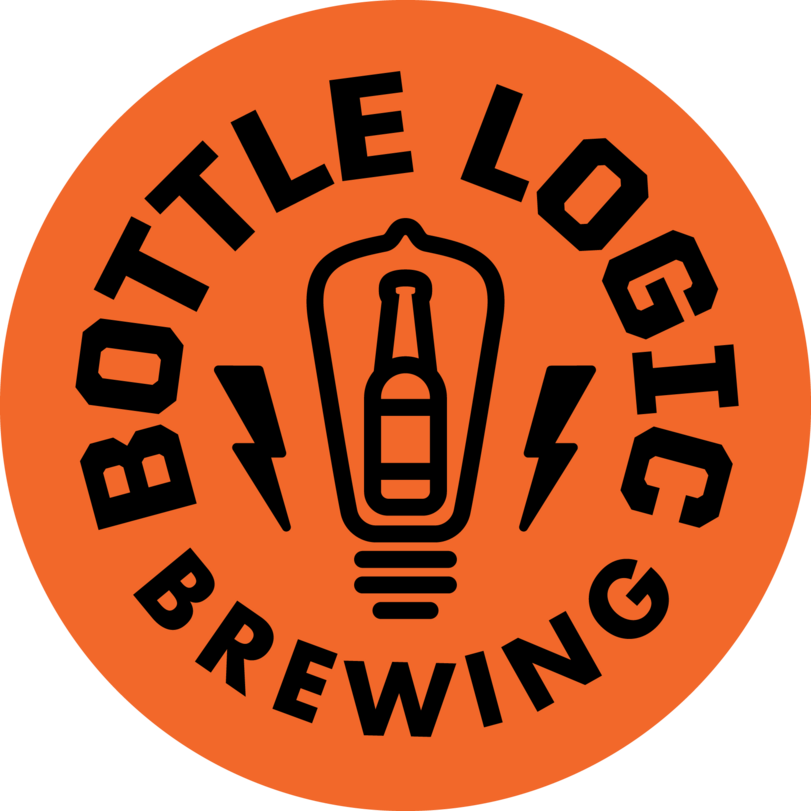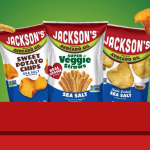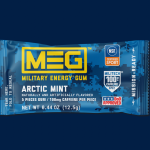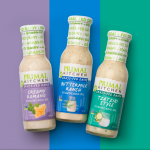Retailers Increase Ultra-Fast Delivery Options
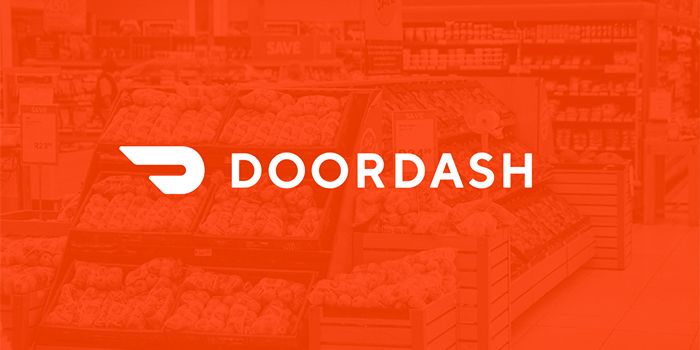
Retailers Increase Ultra-Fast Delivery Options
Over the course of the pandemic retailers and food delivery services continuously invested in delivery platform innovations, creating an expedited process of grocery shopping with virtually no contact. However, as lockdowns begin to lift, innovation hasn’t slowed and consumers have now become accustomed to this efficiency, prompting retailers to find creative ways to bring the store to them, almost instantly.
DoorDash Introduces 15 Minute Grocery Delivery With DashMart
Delivery service DoorDash is expanding its instant grocery delivery service, DashMart, announcing earlier this week that it will open its first “ultra-fast” location in New York City. This DashMart location will offer 10 to 15 minute delivery from its initial Chelsea location, with additional retail partnerships and expansions to follow early in 2022.
The initial ultra-fast DashMart location will sell more than 2,000 products ranging from fresh produce to frozen meals and household staples while the additional locations to follow this initial test-run will sourced inventory through partnerships with chain c-stores and independent bodegas. In August 2020, DashMart was introduced to eight cities nationwide with the goal of bringing grocery, convenience and restaurant items to customers in 30 minutes or fewer.
This new program aims to cut those delivery times in half while offering a new structure for gig economy workers. Ultra-fast delivery from the Chelsea location will be available daily from 7 a.m. to 2 a.m.
“DoorDash is positioned to enter this emerging industry and provide consistent quality, speed and convenience that customers know and trust,” said Christopher Payne, president of DoorDash in a press release. “Many New Yorkers already turn to DoorDash for their next meal or essentials purchases, which puts us in an exciting place to deliver on the promise of ultra-fast delivery.”
Products available for ultra-fast delivery will have a heavy focus on supporting local brands, specifically women- and people of color-owned businesses, according to DoorDash. Since ultra-fast orders will be primarily sourced from independent bodegas, DoorDash said it sees this also as an opportunity to amp up the presence of emerging brands sold at local retailers on the platform. According to the company, DashMart’s existing delivery format currently supports more than 400 local and regional producers and retailers, and aims to continue supporting growth with this new format.
Supporting the local community is a core tenant throughout the new delivery format. In addition to product assortment, DoorDash will also make a donation to support women and people of color through Hot Bread Kitchen and is launching a partnership with the Yemeni American Merchant Association (YAMA), a small business and social advocacy organization that supports more than 6,000 Yemeni-American-owned bodegas across New York City. DoorDash is also upping its commitment to the environment, alongside giving back to the community, by donating excess produce from its DashMart location to Chelsea Community Fridge & Cupboard.
“New York City’s bodegas have been the lifeblood of so many communities across all five boroughs,” said Youssef Mubarez, YAMA PR director said in a press release. “As technology advances, we want to help our members innovate alongside, and we’re excited for the opportunity to partner with DoorDash in this way. Through our work together, we’ll be able to arrive at more solutions that help bodegas meet the current moment, and move into the future with promise.”
JOKR Closes $260 Million Series B Funding Round
New York-based instant delivery service JOKR also announced last week it closed a $260 million Series B funding round led by GGV Capital, Balderton with additional participation by Activant Capital, Greycroft, G-Squared, HV Capital, Kaszek, Mirae Asset, Monashees and Moving Capital.
This announcement comes less than six months after the company closed a $170 million Series A round, bringing its total valuation to almost $1.2 billion, elevating it to “unicorn status.” The company is touting itself as “one of the fastest companies to reach unicorn status in history.”
“We were not planning to raise so soon — we had sufficient capital after raising the substantial round in July,” Ralf Wenzel, founder and CEO said in a statement to TechCrunch. “Since then, we built out in so many different countries and began getting a lot of interest in what we were doing. Our existing investors wanted to double down on our phenomenal and healthy growth, as well as new investors. We are now well capitalized and happy about it.”
Following its round in July, the instant grocery delivery service expanded its reach and now operates 200 warehouses in 15 cities including New York, Mexico City and Sao Paulo, and launched a new version of its app. Alongside this recent announcement, JOKR said it has a goal of becoming entirely carbon neutral across its processes by the end of next year.
Managing Returns on Investment
The announcements come at a time many food delivery services, from UberEats to Instacart, are racing not only to launch and develop, but work out the logistics of delivering orders almost instantly. In June, Instacart test-launched its version of priority delivery, offering consumers delivery in 30 minutes or fewer, however it places a cap on the number of items allowed per priority order.
For JOKR, instant delivery is the premise of its platform offering “delivery within minutes of purchase.” With this additional funding the company said it plans to further streamline its procurement and supply chains in order to increase its grocery offerings and geographic presence.
DoorDash said it plans to tackle the logistics of instantaneous delivery by creating a more convenient and structured experience for couriers. In order to do that and in tandem with this launch, the company has introduced DashCorp, a company that will work with DashMart locations to refine logistics and management services including everything from establishing new partnerships with local bodegas to hiring full- and part-time employees that will operate within a more typical retail environment rather than the average gig worker.
DashCorps will stay true to the environment of independent contractor work, but will provide a more structured environment with “a reliable, consistent schedule and hourly earnings,” The company said. DashCorp’s employees’ jobs will be fundamentally different from the responsibilities of a typical DoorDash courier, and include stocking shelves and administrative tasks, the company said in a press release.
This new employment opportunity was launched with the goal of providing its independent contractors with living wages and the same benefits they would receive from a full-time position including medical insurance and commuter benefits.


